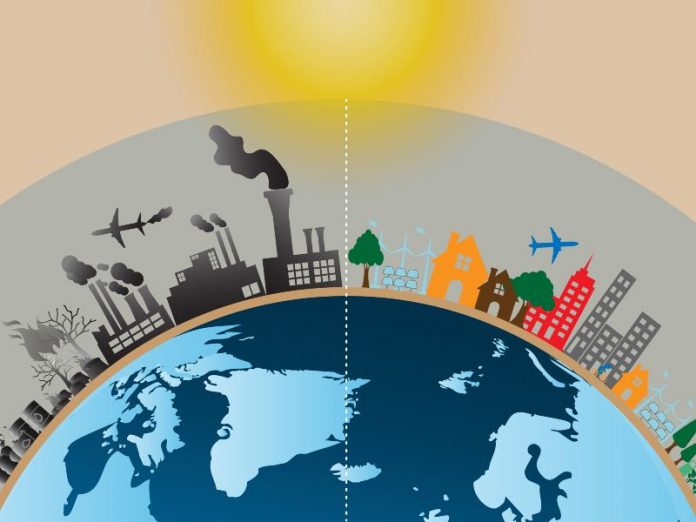
The World Health Organisation (WHO) and key Nigerian stakeholders have called for a multi-sectoral approach toward climate change and other environmental threats to public health.
This call came at the Ministerial Press conference organised by the Nigerian Federal Ministry of Health (FMOH) in collaboration with WHO.
Minister of State for Health Dr Olorunmibe Mamora, reiterated the commitment of the government to working with other agencies to ensure a safe and healthy environment for Nigerians to live in.
Dr Mamora said the theme for the commemoration, “Our Planet, Our Health”, is apt as the recent events (disease outbreaks, flooding, drought) around the world emphasise the connection between human activities and the planet.
He pledged the leadership of the FMOH in:
• implementing long-term multi-sectoral plans
• increasing private sector engagement
• reducing the use of fossil fuels for clean energy production
• reduction of carbon emission
• implementing WHO air quality guidelines
• a shift towards a green economy.
“The current impact of various environmental crises such as climate change, avoidable pollution, food and waterborne disease, emerging and re-emerging infectious diseases and extreme weather events on the planet, health and every individual are increasingly difficult to ignore.”
Presenting the speech of the WHO Regional Director, the Deputy WHO Representative in Nigeria, Dr Alexander Chimbaru said climate change is manifesting in increasing temperatures, rising sea levels, changing rainfall patterns, and more frequent and severe extreme weather conditions.
He added that while many countries, (including Nigeria), have implemented Early Warning, Alerts and Response Systems (EWARS) to identify potential risks for climate-sensitive water- or vector-borne diseases, much still needs to be done.
“With Africa’s population projected to grow to 2.5 billion by 2050, we can expect burgeoning urbanisation into areas exposed to natural hazards, and a concomitant increase in associated injuries, disease and deaths”, he said.
Dr Chimbaru urged the government to urgently initiate climate change and health adaptation and mitigation actions. “We shall support the development of Nigeria National Health Adaptation Plan (HNAP) and conduct an assessment of the vulnerability and adaptive capacity of the health systems to climate change comprising essential public health interventions, in line with the United Nations Framework Convention on Climate Change and COP26 Health Programme,” he said.
“We cannot afford to lose sight of the fundamental truth that the climate crisis, the single biggest threat facing humanity today, is also very much a health crisis,” he said.
Dr Uzodinma Adirieje speaking on behalf of civil society organisations underscored the intersection between the planet and health in human life. He urged the government and partners to prioritise interventions that reduce carbon emissions through renewable energy technologies to mitigate the harmful effect of the environment on health occasioned by human activities such as tree felling and cooking.